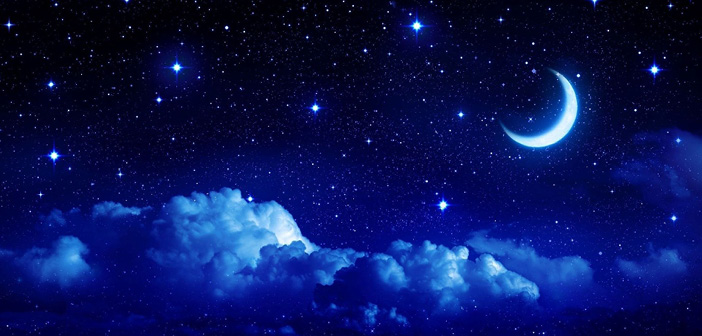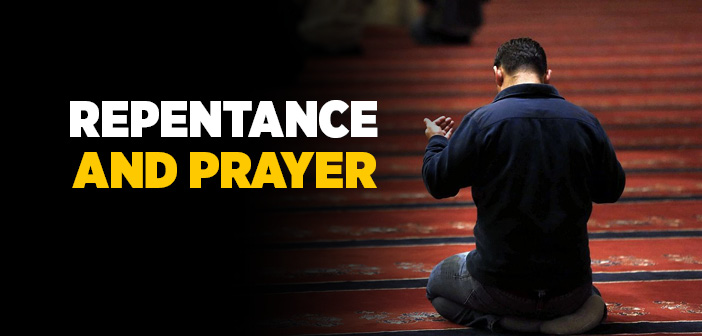What is Reviving the Nights? The best reviving the nights ways…
Top it up with that wine, refill it; pour it out once more,
Let the night stop, stop it my friend, for this I implore!
Enchain my sleep, shackle it; let not the moments pass
Sleepers never appreciate the night, the night they never grasp.
Introspection and shrugging off the spiritual and physical weight of the day is possible by enshrouding oneself in the peaceful silence of the night. Days are unable to give the spiritual and physical rest which nights provide so generously. Those who do not appreciate the night can never know the value of day. Entering the Divine and spiritual scenery of night calls for its purposeful revival.
For the wise people of heart, there is never a time more inspiring than the serenity of night. Spending a certain portion of the night awake is hence essential, to make the most of its abundant inspiration. The ayah in regard says:
“They forsake their beds, they call upon their Lord in fear and in hope, and they spend (benevolently) out of what We have given them…” (as-Sajda, 16)
“And glorify the name of your Lord morning and evening. And during part of the night worship Him, and give glory to Him a long part of the night.” (al-Insan, 25-26)
Immeasurable is the value the Almighty has ascribed to the time of night and countless are the mysteries He has implanted therein. The mysteries that lie behind His avowal on night, like “And the night and that which it drives on…” (al-Inshiqaq, 17), “And the night when it covers with darkness…” (ad-Duha, 2) and “And the night when it departs, and the morning when it brightens…” (at-Takwir, 17-18) are like Divine windows opened to our hearts and understanding, for us to appreciate many a reality.
Mature believers look upon the time of night as an exceptional treasure, owing to the serenity and spiritual enlightenment concealed in its chest. Those who can properly appreciate the value of this treasure find, especially after midnight, the most inspiring ground for turning to the Lord with heartfelt prayers and sincere deeds of worship, at a time when most have resigned to rest.
In his Divan-i Kabir, Mawlana Rumi -may Allah sanctify his secret- poeticizes the love and ecstasy he experiences at night:
Fill the goblet, cupbearer, with the love Divine
Mention nothing of bread to the reveler of the wine
Offer the kawthar and let all thirsty hearts quench
In what else but water would a fish want to be drenched?
Top it up with that wine, refill it; pour it out once more,
Let the night stop, stop it my friend, for this I implore!
Enchain my sleep, shackle it; let not the moments pass
Sleepers never appreciate the night, the night they never grasp…[1]
Regarding His fortunate servants who are bound to be treated with Divine blessings in the Hereafter for having feared Him by remaining awake at night and daybreak, the Almighty reveals:
“They used to sleep but little in the night. And in the morning they asked forgiveness.” (ad-Dhariyat, 17-18)
“And they who pass the night prostrating themselves before their Lord and standing” (al-Furqan, 64)
And in another ayah, the Almighty informs:
“…Who sees you when you stand up and your turning over and over among those who prostrate themselves before Allah.” (as-Shuara, 218-219)
Qadi Baydawi offers the following with regard to the above ayah: “Once the five daily salats became obligatory and the night salat voluntary (sunnah), the Noble Prophet -upon him blessings and peace- set out from his chamber at night to inspect the Companions. He found out that their houses were humming like beehives with the sounds of the Quran, dhikr and tasbih.” (Anwaru’t-Tanzil, IV, 111)
Compared to other times, Allah, glory unto Him, attaches greater value to the dhikr offered at dawn, as it is more difficult to occupy oneself in dhikr and worship at dawn compared to all times else. It is for that reason that reviving the time of dawn is a mark of one’s sincere love and reverence of the Almighty. The stronger the Divine love is in the heart, the greater the desire will be in waking up for salat and tasbih at night. Therefore, awaking for salat and tasbih at night is virtually like meeting up with the beloved. To be awake when everyone else is in deep sleep, is to be among the privileged servants of Allah, glory unto Him, admitted into the courtroom of His mercy, love and knowledge.
For a believer, using the night purposefully and properly deriving the spiritual benefit of the dhikr of dawn means that his nights will be spiritually more light and valuable than his days. But a night spent without purpose, imprisoned to sleep alone, is a loss almost irrecoverable, like raindrops that fall on rocks, the sea and the desert and perish at the instant. If we allow the spirituality of tawhid that begins at dawn to encompass our hours and our hearts, the moment where we bid farewell to every single thing on Earth and breathe for one last time, will –insha-Allah– become a shab-i arus[2].
Abdullah ibn Amr ibn As -Allah be well-pleased with him- recalls how the Blessed Prophet -upon him blessings and peace- cautioned him: “Do not become like so and so, Abdullah, who used to wake up for worship at night but no longer does.” (Bukhari, Tahajjud, 19; Muslim, Siyam, 185)
The Beloved Prophet -upon him blessings and peace- is also reported to have said to his Companions: “Be attentive to worshipping at night, for it is the custom of the righteous before you. Waking up to worship at night is no doubt a means to get closer to Allah. It protects one from sins, atones for mistakes and rids the body of distress.” (Tirmidhi, Daawat, 101) Also, the health benefits of not sleeping all the night through but rather waking up from time to time, is something medically proven. After a long, uninterrupted night’s sleep one usually wakes up with a headache. This is caused by the fact that the brain is not nourished with enough oxygen during sleep, as a result of slower breathing. Dividing sleep therefore helps return the breathing speed to normal; and those who do so, wake up livelier in the morning, despite having actually slept less.
It is also to be noted that death usually comes during the very early hours of morning. This is especially the case with the elderly. Some doctors have therefore labeled dawn ‘the hour of death’ because that is when the sleep is at its deepest, and the heartbeat at its lowest. Awaking at that hour, coupled with a cold ablution, returns all the bodily functions to normal.
Although the commands of Islam are first and foremost underlain by the purpose of realizing servanthood to Allah, glory unto Him, each of them do come with physical benefits. The same applies for salat, fasting and the other deeds of worship, all imbued with countless wisdoms and benefits. But naturally, these benefits are not the reason for the existence of these deeds, but rather their byproducts.
[1] Rendered from the Turkish translation of Divan-i Kabir by Assoc. Prof. Emin Işık, Marmara University, Faculty of Divinity.
[2] Shab-i arus: Literally the wedding night but implies, here, a Divine reunion.
Source: Osman Nuri Topbaş, Sufism, Erkam Publications





